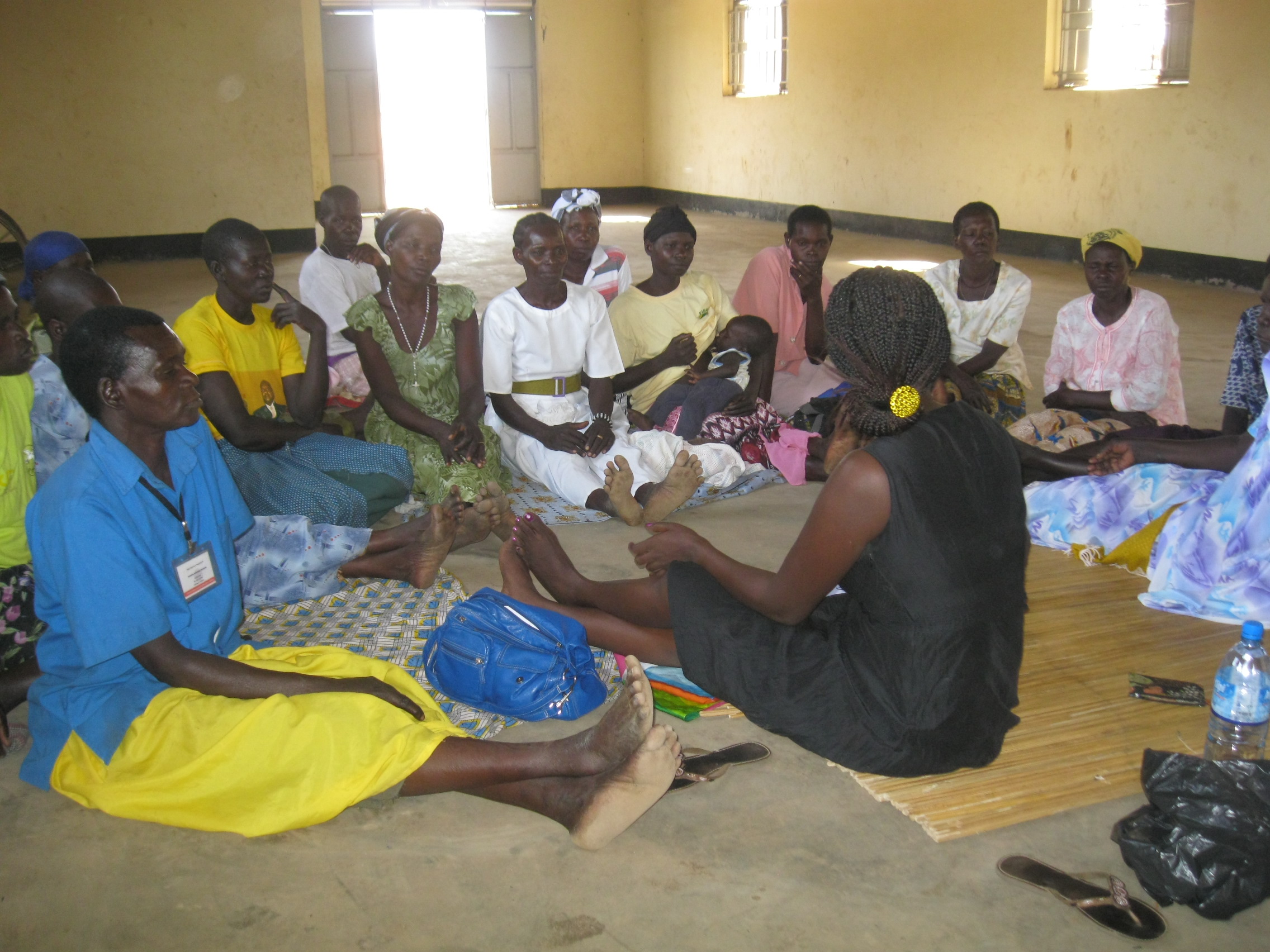 To read the full briefing, click here.
To read the full briefing, click here.
Overview
After more than twelve years in force, Uganda discontinued ‘blanket’ amnesty for reporters on 25 May 2012 by allowing Part 2 of the Amnesty Act of 2000 to lapse. With positive developments in the creation of a transitional justice (TJ) framework and a shifting of the armed conflict to neighboring countries, the continued relevance of Uganda’s Amnesty Act of 2000 had been fiercely debated in recent months in high-level discussions between government and civil society, with many asking, “What should be the future of the Amnesty Act?”
Recognizing the absence of greater North grassroots voices in many of these debates, especially from a gendered perspective, the Justice and Reconciliation Project (JRP) carried out a series of consultations from 21-27 March 2012 in conflict-affected regions of northern Uganda—including West Nile, Lango, Acholi and Teso—to discern the views of those most directly impacted by and benefitting from the Act on its role, achievements and continued relevance. As subsequent sections of this paper reveal, the consultations unveiled mixed views at the grassroots level on the past and present relevance and equity of the Act, yet reached overwhelming general consensus for the renewal of the Act with amendments. Such amendments were seen to better address the justice needs of both victims and perpetrators, while ensuring the sustainability of an already fragile peace.
Draft versions of this brief were circulated prior to the Act’s expiration to inform the Justice, Law and Order Sector’s (JLOS) decision to abolish, renew or renew with amendments Uganda’s Amnesty Act. However, with the JLOS Leadership Committee’s subsequent decision to abolish amnesty, this brief seeks to contribute to the Government of Uganda’s ongoing consultative and policy-making process to integrate elements of conditional amnesty into a national TJ policy.
To read the full briefing, click here.
Published with financial support from UNWOMEN under the Women’s Access to Justice in Conflict and Post-Conflict in Uganda Programme.
Disclaimer: The views represented in this brief do not necessarily represent the views of UN Women.
